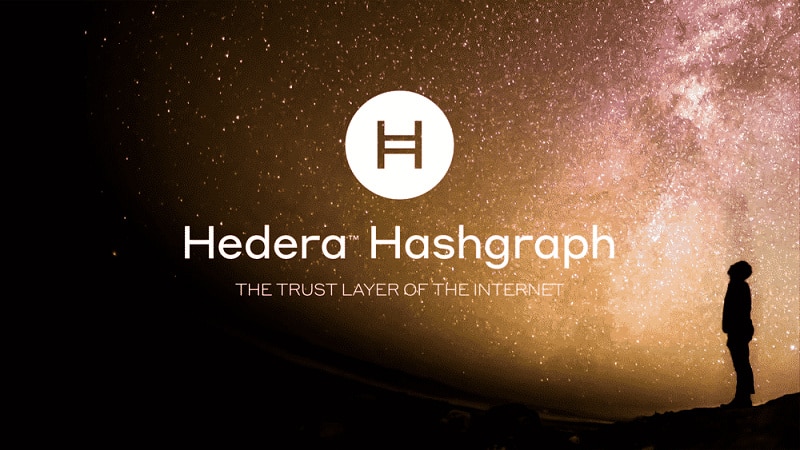
Our objective at ProvenDB is to supply a data storage platform which brings together the performance, economics and performance of a regular database with all the immutability as well as trust associated with a public blockchain.
Originating from a business viewpoint, we aspire to become blockchain agnostic, facilitating as numerous public chains as you possibly can, and also a couple of private chains such as Hyperledger. In order to see more you can visit Profit Edge official site.
Nevertheless, we've had to put into action a default Blockchain, particularly for no-cost accounts, and we're frequently asked by prospective customers which Blockchain we'd recommend.

Our standard blockchain was Ethereum till a while ago. Ethereum enjoys overwhelming mindshare, particularly amongst prominent blockchain entrepreneurs, and was affordable, at least till recent, as compared with Bitcoin.
Not too long ago, however, we chose to alter our anchoring procedure to Hedera. We'll be talking about our encounters with Hedera Hashgraph in the following paragraphs as well as briefly discuss our decision-making procedure.
Among the benefits of ProvenDB is the fact that we can connect massive amounts of information to a Blockchain at substantially less cost compared to a DIY strategy. Once the information is anchored to a ProvenDB datastore, we build a Merkle tree, which consolidates possibly a huge number of documents right into one root hash, that will be anchored in one transaction to a chain.
Additionally, this transaction may be “piggybacked” by several customers. One single transaction may thus support a huge number of clients and a lot of data.
Hence, the price of conducting business for us depends upon how frequently we transmit Blockchain transactions. In case we wish to provide Blockchain proofs having two minutes latency, we have to have the ability to make 720 proofs each day.
This wasn't a big problem whenever transaction charges for Ethereum averaged around twenty cents a transaction. Nevertheless, in the last couple of months, we've witnessed Ethereum transaction costs increase to more than USD 50. All of a sudden we were shelling out tens of a huge number of dollars each day, primarily to allow for no-cost accounts.
Additionally, confirmation times for Ethereum transactions have been accelerating. Transaction confirmations with Ethereum run on a bidding process. For quicker confirmations, a system could play a greater transaction fee. Nevertheless, you have to estimate your transaction charge ahead of time. In the event you compute improperly, your transaction could languish on the chain for 10 minutes or even hours before getting verified.
This price increase mirrored an increase in utilisation as a result of the boom in crypto trading as well as the success of NFTs. Ethereum had turned out to be costly and shaky, from our viewpoint.
We'd backed Hedera Hashgraph for a while to be a top-notch anchoring mechanism and for more than 12 months utilised it internally because of our ideal chain. The answer was apparent as soon as we experienced these Ethereum difficulties: We've modified our default anchoring method to Hedera Hashgraph and also created Ethereum proofs accessible just on request for paid accounts.

We're massive fans of Hedera, and they've developed an extremely advanced and highly innovative platform for us. Not just that, but they additionally acted in an extremely professional as well as a smart business choice when they established the cost for their assistance. They found that their cost must be predictable and their offering must be affordable.
Hedera transactions are usually set in US dollars, rather than every other public ledger technology. Since of our bigger email size, a Hedera Consensus Service transaction generally costs us $0.10, depending on the need of the system and no matter the relative worth of the Hedera cryptocurrency HBAR.





